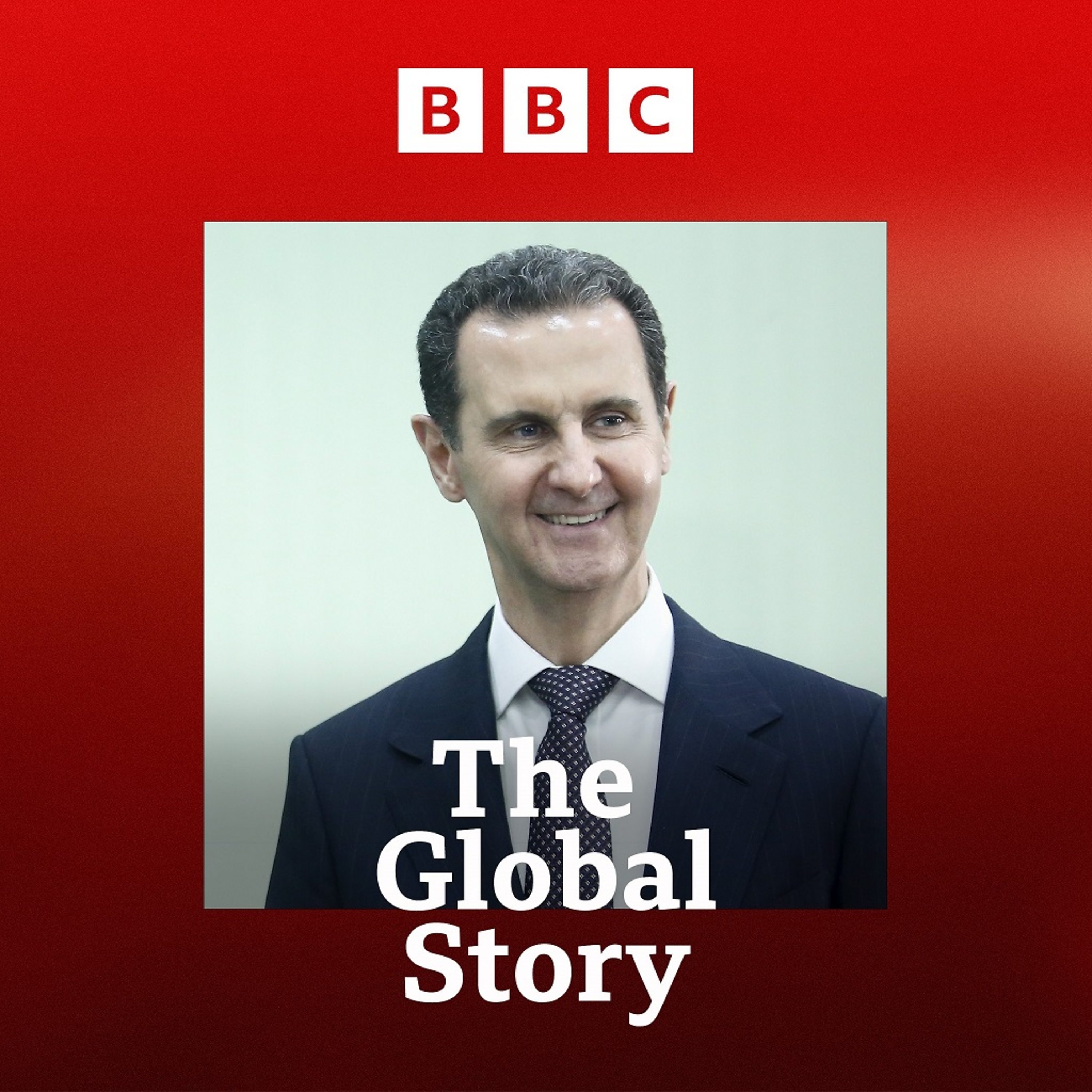
Deep Dive
Why did Bashar al-Assad's regime fall so quickly?
Assad's allies, including Iran and Russia, were distracted by other conflicts, such as Iran's regional issues and Russia's focus on Ukraine. This left Assad's defenses weakened, and his economic difficulties and internal disgruntlement in the army further contributed to the rapid collapse.
What was the reaction of Syrians to the fall of the Assad regime?
Some Syrians celebrated in the streets, firing guns in the air and looting the presidential palace. Others were worried about the chaos and potential violence that could follow. The overall atmosphere was one of disbelief and euphoria.
What role did Hayat Tahrir al-Sham play in the fall of Assad's regime?
Hayat Tahrir al-Sham, designated as a terrorist organization by the US and the UK, led a coalition of rebel groups that made a sudden advance, taking city after city, and ultimately leading to the fall of Assad's regime.
Where did Bashar al-Assad flee to after the fall of his regime?
Assad fled to Russia, where he and his family were granted asylum. Russian state media confirmed that he is in Moscow.
What are the concerns of neighboring countries about the new situation in Syria?
Neighboring countries, such as Jordan and Iraq, are worried about the rise of Islamist groups and the potential spillover of violence into their territories. They fear that the power vacuum in Syria could inspire and galvanize militant groups within their borders.
What does the future hold for Syria after the fall of the Assad regime?
The future is uncertain, with several groups vying for power. There is hope for a more democratic Syria, but also concerns about the dominance of strict Islamist rule. The international community is calling for an inclusive government, but the situation remains fraught with risk.
How did the international community react to the fall of Assad's regime?
The international community, including the United Nations, is calling for the formation of an inclusive government in Syria. There is hope that this could be a second chance for democratic freedoms in the country, but there are also fears about the potential for continued conflict and instability.
- Assad dynasty ended after more than five decades.
- Hayat Tahrir al-Sham led the rebel groups to victory.
- Rebel groups captured Homs and Damascus.
- Lina Sinjab's firsthand account of the situation in Damascus, including celebrations and looting.
Shownotes Transcript
President Bashar al-Assad has fled Syria, ending 50 years of authoritarian rule by his family. Over the weekend, rebels who had already taken Aleppo and Hama began to close in on the city of Homs and set their eyes on the capital Damascus.
As it became clear that Assad had fled, the BBC's Lina Sinjab crossed the border from Lebanon, becoming the first western journalists to report from Damascus as a new era began. She tells Azadeh Moshiri how some Syrians celebrated while others looted the president's former home. And our Chief International Correspondent, Lyse Doucet, explains what the future might hold for Syria, now that everything has changed.
The Global Story brings you trusted insights from BBC journalists worldwide. We want your ideas, stories and experiences to help us understand and tell #TheGlobalStory. Email us at [email protected] You can also message us or leave a voice note via WhatsApp on +44 330 123 9480.
Producers: Richard Moran and Sergi Forcada Freixas
Sound engineer: Mike Regaard
Assistant editor: Sergi Forcada Freixas
Senior news editor: Sara Wadeson
